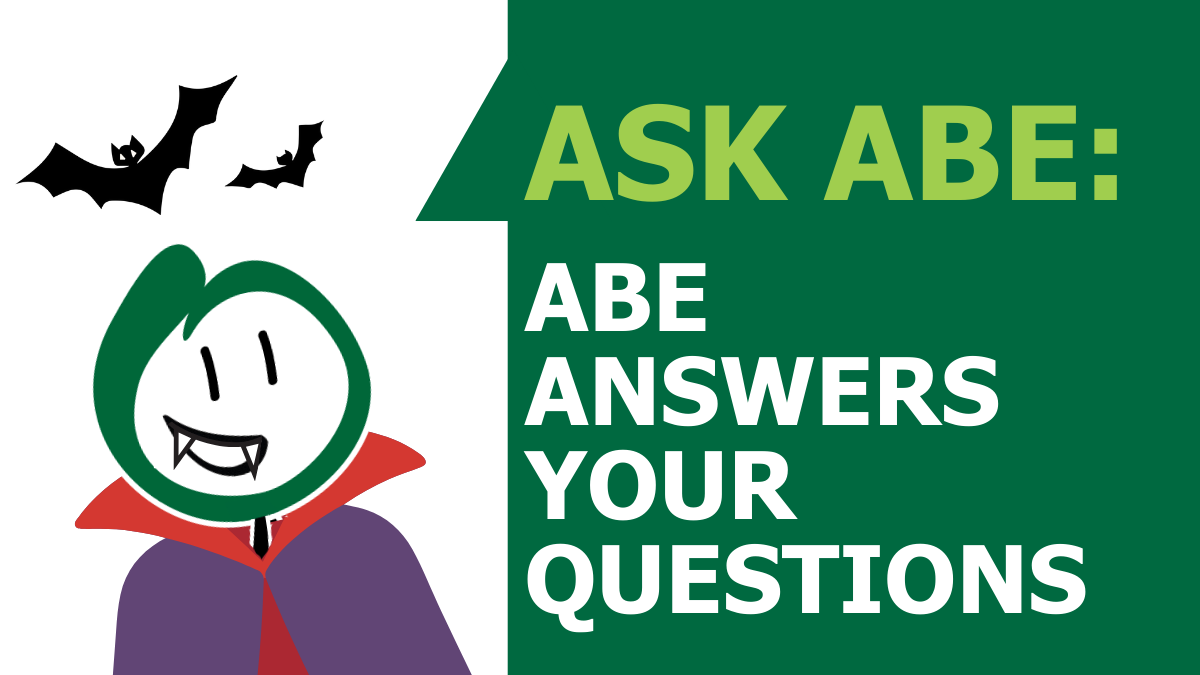Life on the road means managing time, deliveries, and deadlines. But when your child heads off to college, a new set of logistics kicks in. From tuition to textbooks, the cost of education can feel overwhelming. The good news is that the tax code offers tools that can lighten the load if you know how to use them.
This guide outlines the key tax benefits available to drivers and families with college-bound kids, including new updates from the One Big Beautiful Bill Act (OBBBA) that can help you save even more.
Understanding Education Tax Credits
The U.S. tax code offers several tax credits to help offset the cost of higher education. The two primary credits are the American Opportunity Tax Credit (AOTC) and the Lifetime Learning Credit (LLC).
- American Opportunity Tax Credit (AOTC): This credit offers up to $2,500 per eligible student for the first four years of higher education. To qualify, your child must be enrolled at least half-time in a program leading to a degree or recognized education credential.
- Lifetime Learning Credit (LLC): This credit is worth up to $2,000 per tax return and is available for any post-secondary education and courses to acquire or improve job skills. There is no limit on the number of years you can claim the LLC.
You can claim an education tax credit if you meet the three requirements set by the IRS:
- You, your dependent, or a third party pays for qualified education expenses for higher education.
- An eligible student is enrolled at an eligible educational institution
- The eligible student is yourself, your spouse, or a dependent you list on your tax return.
Student Loan Interest Deduction
If you or your child is repaying student loans, you may be able to deduct up to $2,500 in interest paid during the year. This deduction reduces your taxable income and can result in meaningful savings, even if you do not itemize.
What Counts as a Qualified Education Expense
Certain expenses beyond tuition can also qualify for tax benefits. These include:
- Tuition and required fees
- Books, supplies, and equipment
Expenses that typically do not qualify:
- Room and board
- Insurance
- Medical expenses
- Transportation
Tip: Keep detailed receipts for anything you intend to claim.
529 Plans: A Smart Way to Save, Now Even Smarter
If you have invested in a 529 College Savings Plan, your withdrawals for qualified education expenses are tax-free. These include tuition, books, and required materials, as well as room and board if your student is enrolled at least half-time.
OBBBA Enhancements to 529 Plans:
- Funds can now be used tax-free for additional higher education costs, including “qualified postsecondary credentialing expenses.”
- 529 plans can now be used for a broader range of K–12 expenses beyond tuition.
While federal law does not allow deductions for 529 contributions, more than 30 states offer tax credits or deductions for the money you contribute.
Scholarships and Grants: Understand the Tax Rules
Scholarships and grants are generally tax-free if used for tuition and required fees. However, if they are used for room and board or other non-qualified expenses, that portion may be considered taxable income.
New under OBBBA:
- Contributions to scholarship-granting organizations may now qualify for a $1,700 tax credit under Sec. 25F.
- Under Sec. 139K, scholarships for K–12 education expenses are now excluded from income.
Students should research scholarship opportunities offered by their university, as well as those available at the national, state, and local levels.
Claiming Your Student as a Dependent
If you are still supporting your college student, you may be able to claim them as a dependent if they are:
- Under age 24
- A full-time student
- Receiving more than half of their support from you
Claiming your student can make you eligible for education credits and other valuable tax benefits.
Navigating the tax implications of having a child in college can be complex, but with careful planning, you can maximize your tax benefits and reduce your financial burden.
If you have any questions, contact our team of Abacus Professionals at 417.380.5000 or transportation@abacuspro.com.










